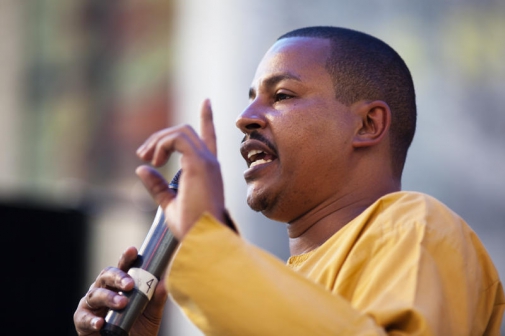
Of all the changes happening to Kenya, the most important is taking place within our families and personal relationships. A crisis is unfolding in our homes and we may not even know it. The sharpest edge of the crisis lies in the intense difficulties facing fatherhood.
Absentee fathers and women-headed households are on the rise. One in three women who give birth today are unmarried. Three in five women will remain unmarried until the age of 45. One in five men on the other hand, will have had children with more than one mother. Nearly half of all Kenyan children have direct experience of violence or intimidation. Teenage alcoholism and suicide is spiking, yet fathers seem helpless.